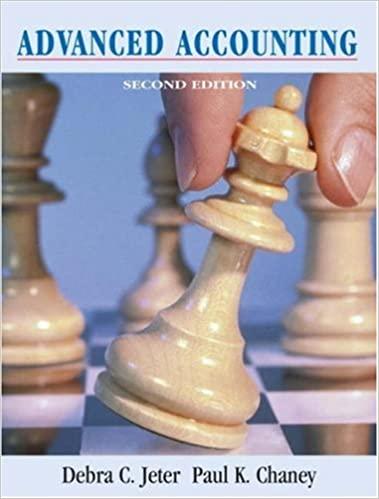Question
Question 11 (2 points) North Dakota enacts a state law that violates the U.S. Constitution. This law can be enforced by Question 11 options: the
Question 11 (2 points)
North Dakota enacts a state law that violates the U.S. Constitution. This law can be enforced by
Question 11 options:
|
| the Federal government only |
|
| the United States Supreme Court only |
|
| the State of North Dakota only |
|
| no one |
Question 12 (2 points)
Missouri enacts a law requiring all businesses in the State of Missouri to donate 10% of their profits to local Christian churches that provide certain services to persons whose income is below the national poverty level. A business in the state files a suit to block the enforcement of the law. The court would likely hold that this law violates
Question 12 options:
|
| no clause in the US Constitution |
|
| the establishment of religion clause |
|
| the free exercise of religion clause |
|
| the supremacy clause |
Question 13 (2 points)
Household Furnishings, Inc. distributes its merchandise on an interstate basis. Under the Commerce Clause of the United States Constitution, the US Congress has the power to regulate
Question 13 options:
|
| any commercial activities in the United States |
|
| only commercial activities that are in local commerce |
|
| only commercial activities that cross State lines |
|
| only commercial activities that are in international commerce |
Question 14 (2 points)
As a judge, Diane applies common law rules. These rules develop from
Question 14 options:
|
| Uniform laws drafted by legal scholars. |
|
| Statutes enacted by Congress and the state legislatures. |
|
| Decisions made by courts in resolving legal disputes. |
|
| Regulations issued by administrative agencies. |
Question 15 (2 points)
Carol and Nathan enter into a contract for the sale of a unique painting, but Nathan later refuses to deliver the painting. Carol asks a court to order Nathan to perform as promised. Ordering a party to perform what was promised is
Question 15 options:
|
| an equitable remedy |
|
| an unenforceable demand |
|
| a type of harm |
|
| a remedy at law |
Question 16 (2 points)
The courts can decide whether the other branches of government have acted within the scope of their constitutional authority.
Question 16 options:
| True | |
| False |
Question 17 (2 points)
Federal courts have jurisdiction over any case involving citizens of different states regardless of the amount in controversy.
Question 17 options:
| True | |
| False |
Question 18 (2 points)
Ginger wants to file a suit against Fred. For a court to hear the case
Question 18 options:
|
| the court must have jurisdiction over Ginger and Fred. |
|
| the parties must own property. |
|
| the parties must have no minimum contact with each other. |
|
| Fred must agree |
Question 19 (2 points)
YXZ Company, a firm in Minnesota, advertises on the Web. A court in North Dakota would be most likely to exercise jurisdiction over XYZ if the company
Question 19 options:
|
| only advertised without interactivity at its Web site. |
|
| did not promptly remove its ad from the Internet. |
|
| interacted with any North Dakota resident through its Web site. |
|
| conducted substantial business with North Dakota residents through its Web site. |
Question 20 (2 points)
Laura is a resident of Washington. George is a resident of California. They dispute the ownership of a piece of real estate located in Oregon. Their diversity of citizenship could serve as a basis for:
Question 20 options:
|
| limited jurisdiction |
|
| jurisdiction of a State court |
|
| general jurisdiction |
|
| jurisdiction of a Federal court |
Step by Step Solution
There are 3 Steps involved in it
Step: 1

Get Instant Access to Expert-Tailored Solutions
See step-by-step solutions with expert insights and AI powered tools for academic success
Step: 2

Step: 3

Ace Your Homework with AI
Get the answers you need in no time with our AI-driven, step-by-step assistance
Get Started


